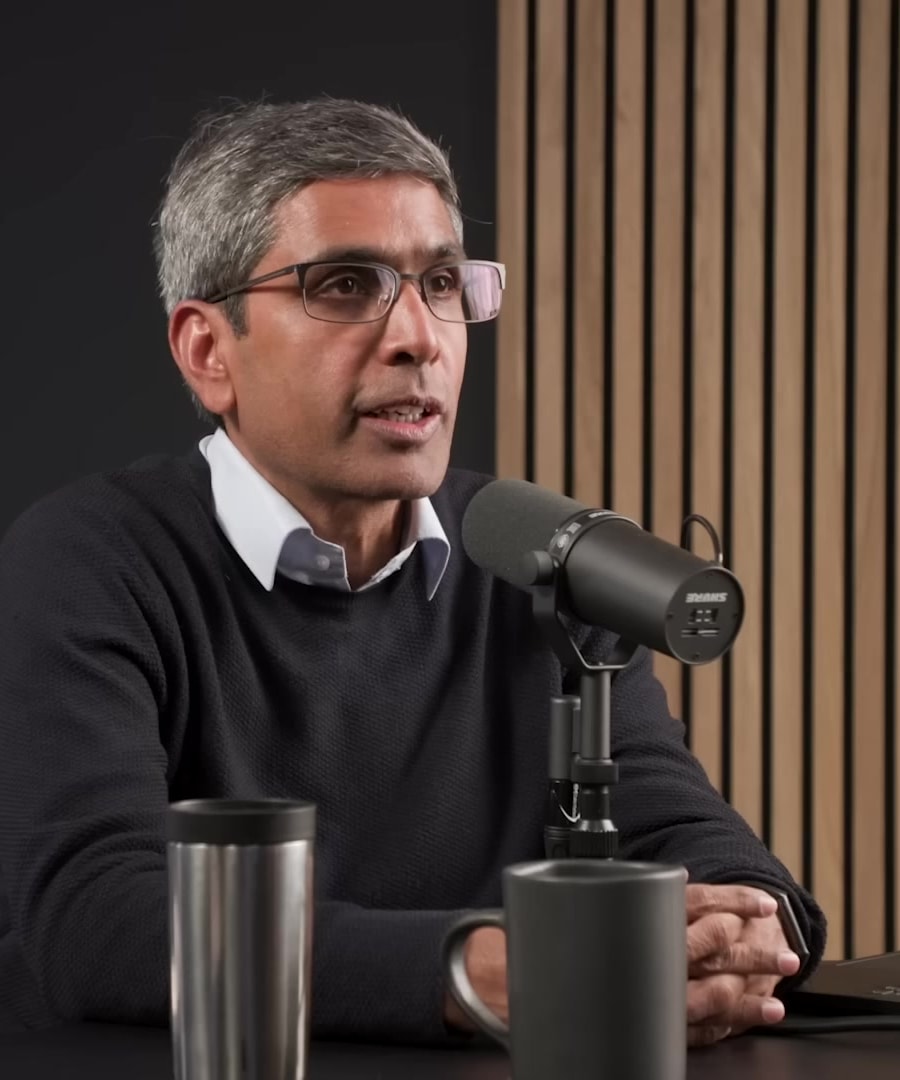Night Owl
Sources:
Andrew Huberman has discussed various aspects related to being a night owl versus a morning person. Here are some key insights:
-
Genetic Propensities: There is debate whether chronotypes (morning larks vs. night owls) are genetically fixed or influenced by social and environmental factors. acknowledges that people often align their sleep patterns with their activities or preferences rather than genetic predisposition 1.
-
Sleep Patterns and Productivity: Many successful people, including writers like Tim Ferriss, have experienced significant productivity during late-night hours. However, these schedules can be socially challenging, especially in relationships where partners might have different sleep rhythms 2.
-
Health Implications: There is evidence suggesting that waking up around sunrise and sleeping within a few hours after sunset could be better for overall health. This contrasts with the notion that being a night owl is equally beneficial for all health metrics 3.
-
Cultural Variations: In cultures without modern electricity, people tend to sleep more uniformly, going to bed 3-4 hours after sunset and waking up around sunrise. This suggests that the night owl phenomenon might be less prevalent in such settings 4.
-
Children and Pets: Having children or specific dog breeds that wake up early can help night owls adjust their schedules, as these environmental factors align their wake-up times with early morning activity 3.
-
Personal Accounts: Experts like Dr. Satchin Panda noted that they adapted their sleep schedules out of necessity or personal preference changes over time, indicating flexibility in our sleep-wake patterns 5.
In summary, while being a night owl might offer some productivity benefits, aligning sleep schedules with natural light cycles generally promotes better health. Adjustments to one's environment and responsibilities could also help in shifting sleep patterns towards earlier wake times.
RELATED QUESTIONS-




